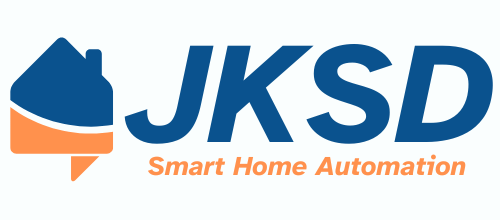In the past few years, solar panels have become very popular. This is because people care about the environment and think they can save them a lot of money. A thorough cost-benefit study shows that businesses and homeowners can save a lot of money over time by investing in solar energy.

Start-up costs
To understand how solar panels will affect your finances, you must first think about the initial purchase. In the U.S., adding solar panels usually costs between $15,000 and $30,000. The exact amount paid depends on the size, quality, and location of the system. This upfront cost may seem like a lot, but a few things can make it easier:
1. Tax Incentives: The federal solar tax credit, also known as the Investment Tax Credit (ITC), lets homeowners deduct a big chunk of the cost of installation from their federal taxes. This credit is set at 30% in 2023, which can cut the total cost by a lot.
2. Incentives from the state and local government: To get more people to use solar power, many states and cities offer extra rebates, tax credits, or low-interest loan choices. Looking into local tax breaks can lower the original investment even more.
3. Financing Options: Solar loans, leases, and power purchase agreements (PPAs) are just a few of the ways that homes can pay for solar panels. These choices can help you save money on your monthly energy bills right away.
Savings for the future
The biggest cash benefits start to show up once the solar system is set up:
1. Lower utility bills: Solar panels use sunlight to make electricity, so people can lower or even get rid of their monthly electricity costs. Savings can be anywhere from 50% to 100%, depending on the size of the system and the cost of energy in the area. This can mean thousands of dollars in savings for the average house over the life of the system.
2. Net metering: This feature lets people with solar panels sell any extra energy they make back to the power grid in many states. This arrangement can lead to credits on energy bills, which can help save even more money. Homeowners can sometimes get to the point where their “net zero” power bill is completely covered by the energy they produce from the sun.
3. More money in your pocket: Research has shown that homes with solar energy systems sell for more than similar homes that don’t have solar. According to the National Renewable Energy Laboratory, solar cells can add an average of $15,000 to the value of a home. When you sell your home, this rise can give you a big return on your investment.
Costs of Maintenance
Solar panels usually don’t need much upkeep, which is another way they can save you money in the long run. Most systems come with warranties that last between 20 and 25 years, and normal maintenance mostly includes cleaning and checking the system every so often. The low costs of care are very different from traditional energy sources, whose prices can change and which need more upkeep.
Advantages for the environment and the economy
Solar energy not only saves money, but it also helps the economy in other ways. Homeowners who invest in solar power use less fossil fuels, which helps lower greenhouse gas pollution. This change is good for the environment, helps us become energy independent, and creates jobs in the renewable energy industry.
Conclusion
The cost-benefit study of solar panels makes a strong case for using them. Tax breaks, lower energy bills, higher property values, and low maintenance costs can all add up to big savings over time, even though the initial investment can be big. Many people are interested in solar energy because it is good for the environment and helps the business. As technology keeps getting better and policies keep supporting solar panels, their financial benefits are likely to grow. This makes them a smart investment for businesses and homes that want to save money and help the environment.

